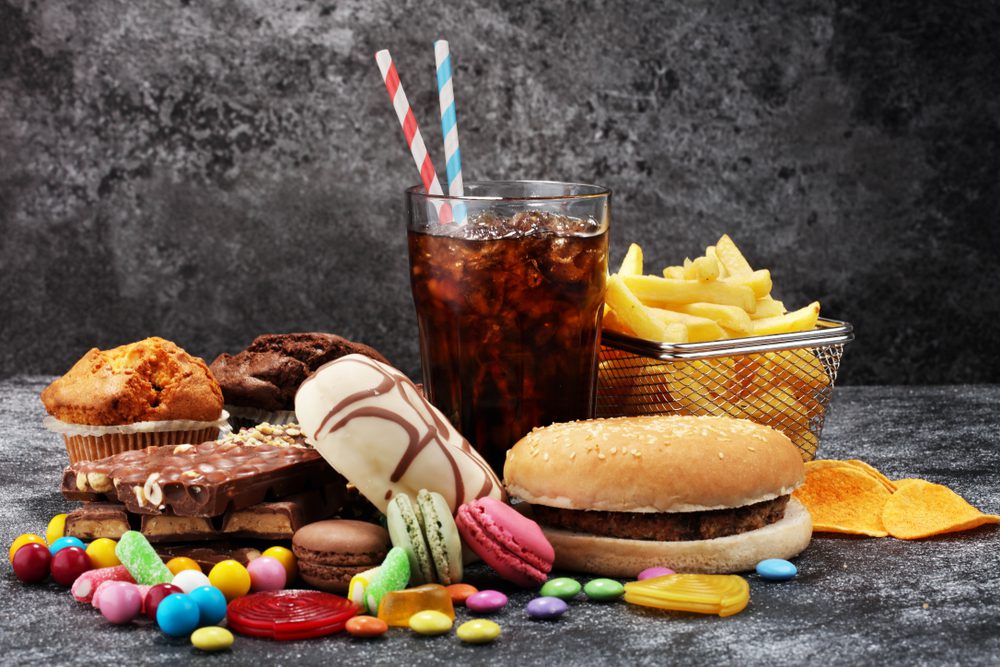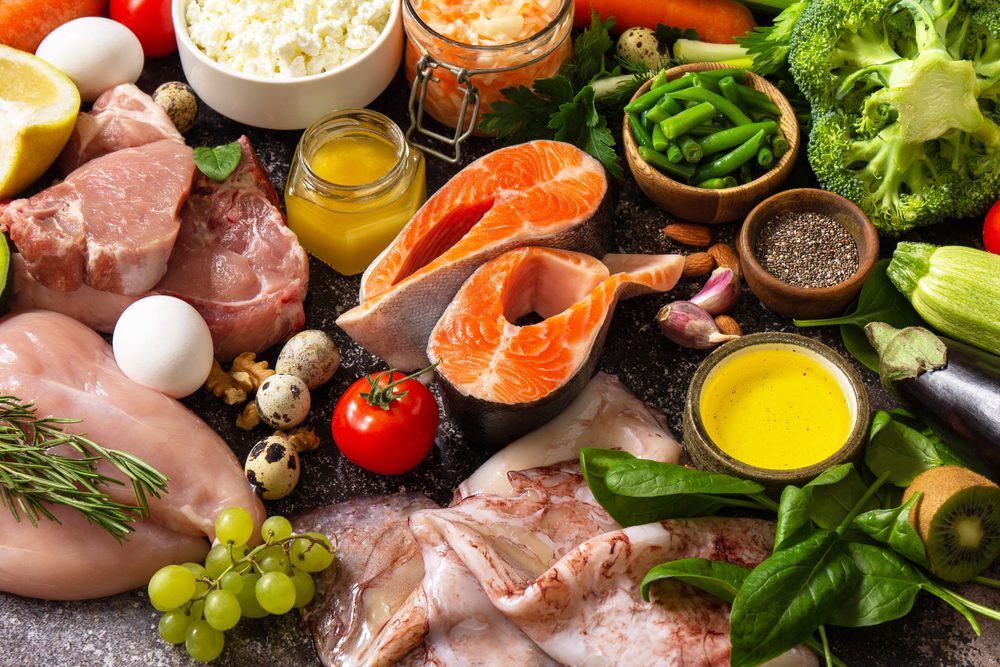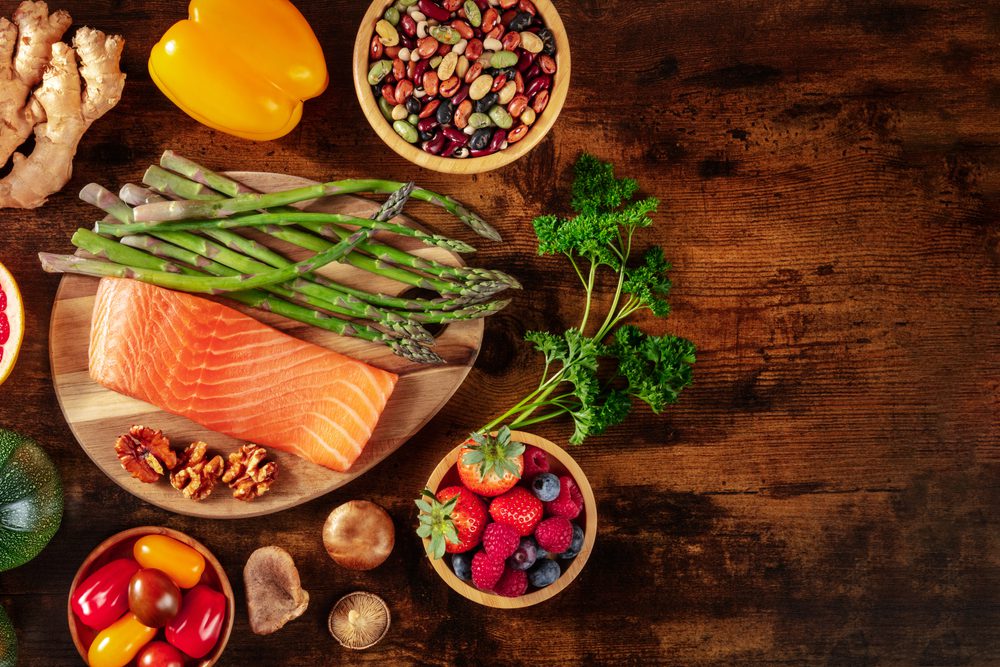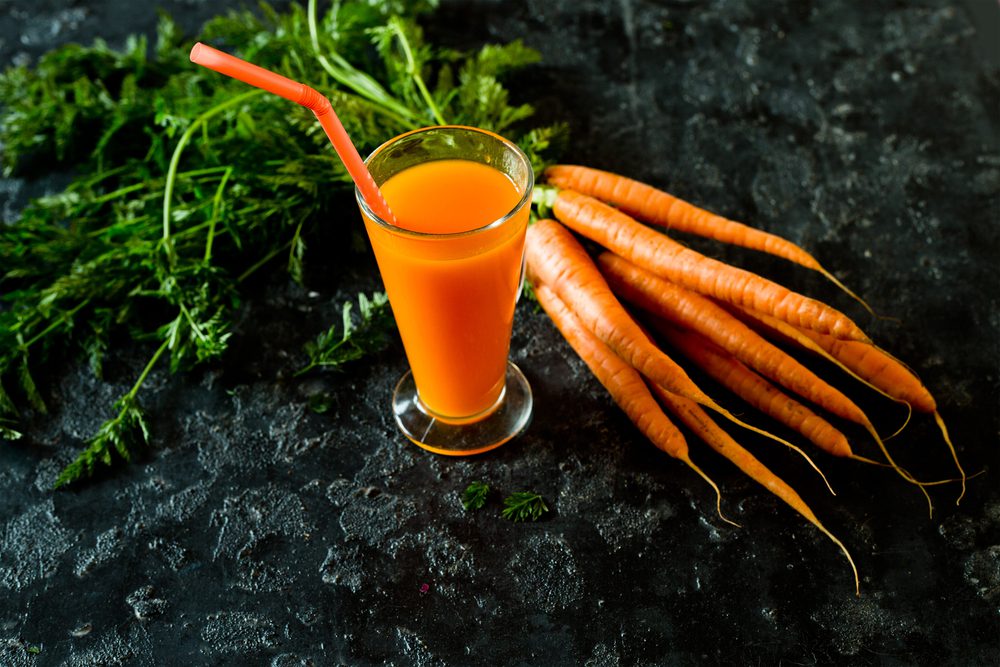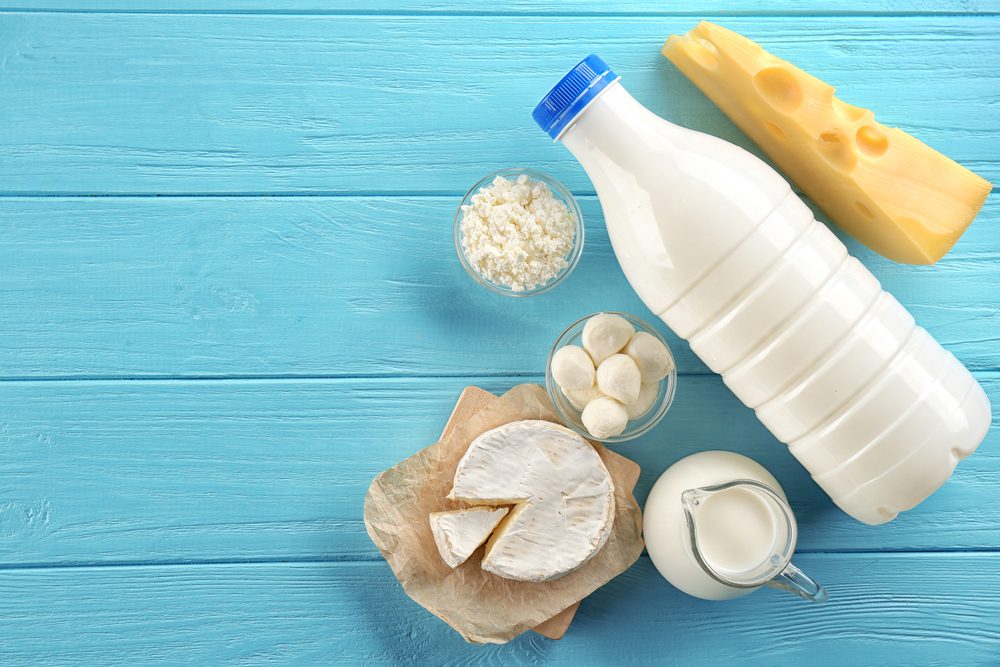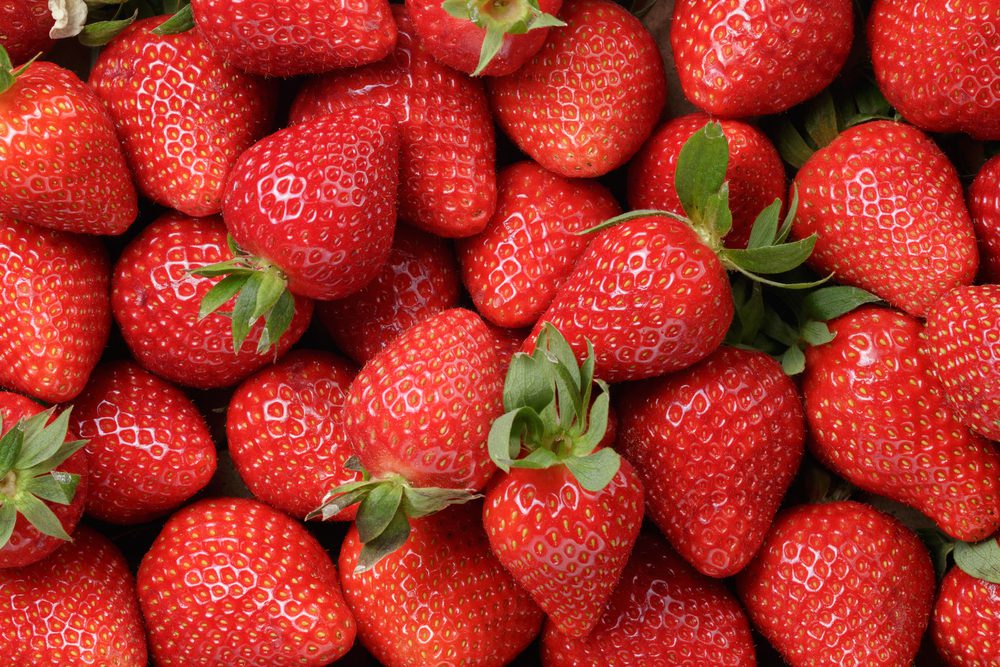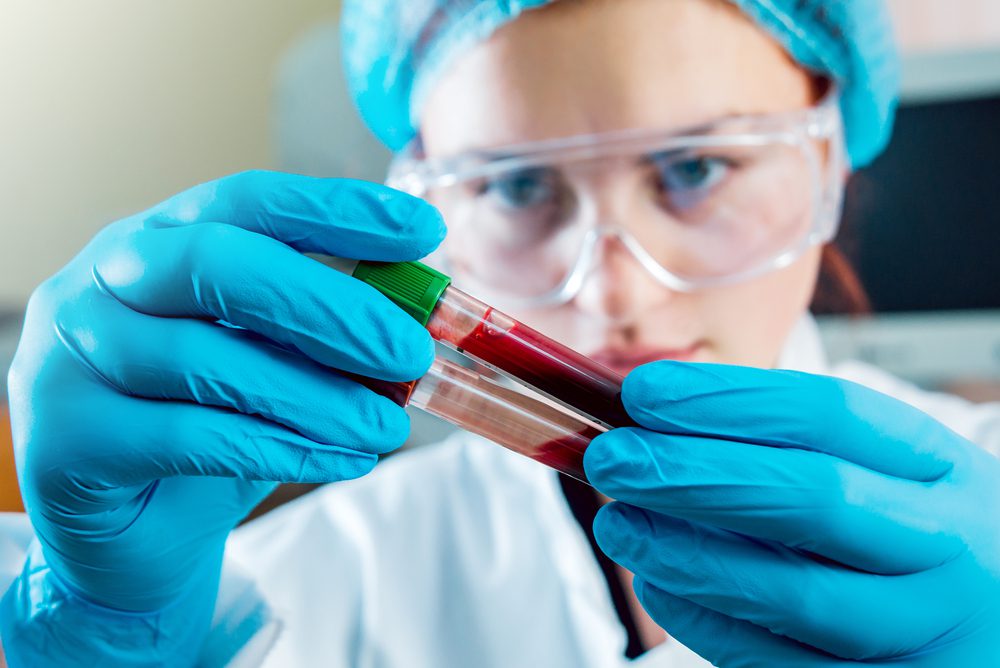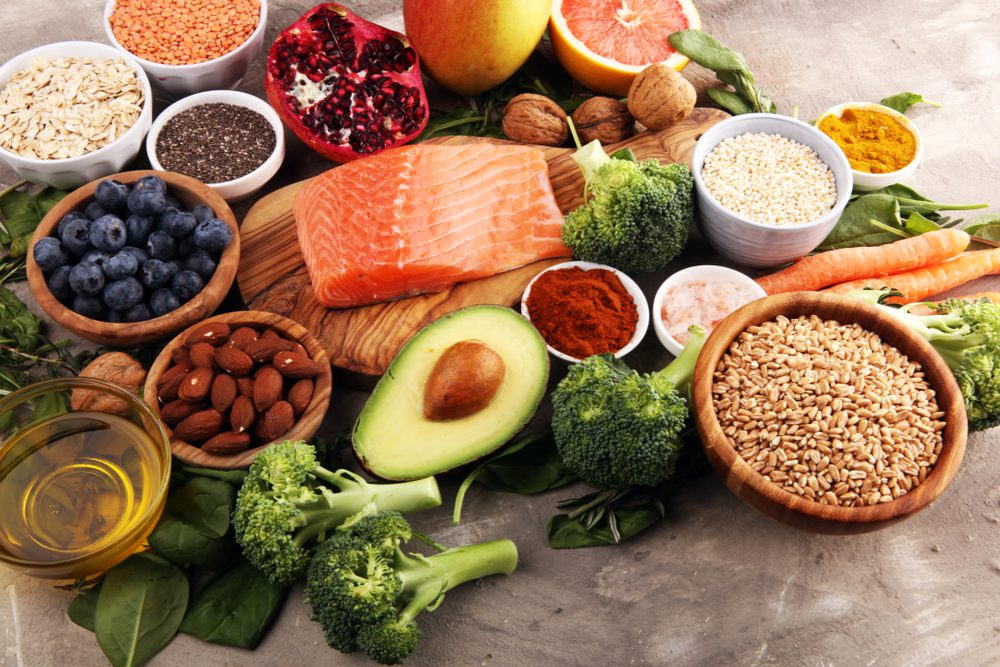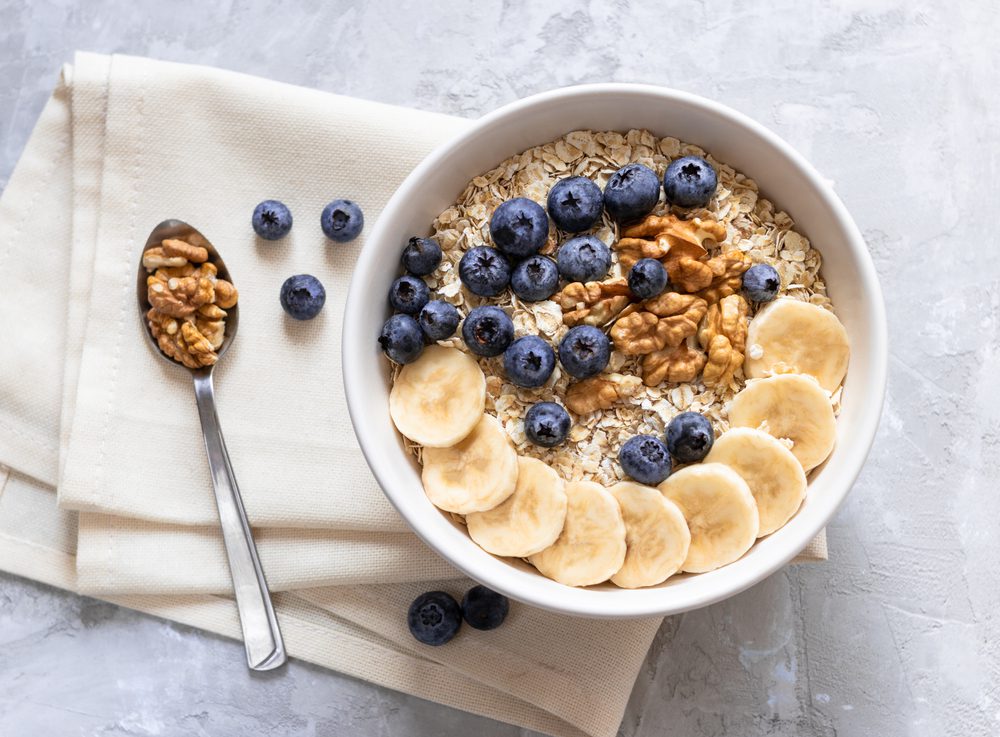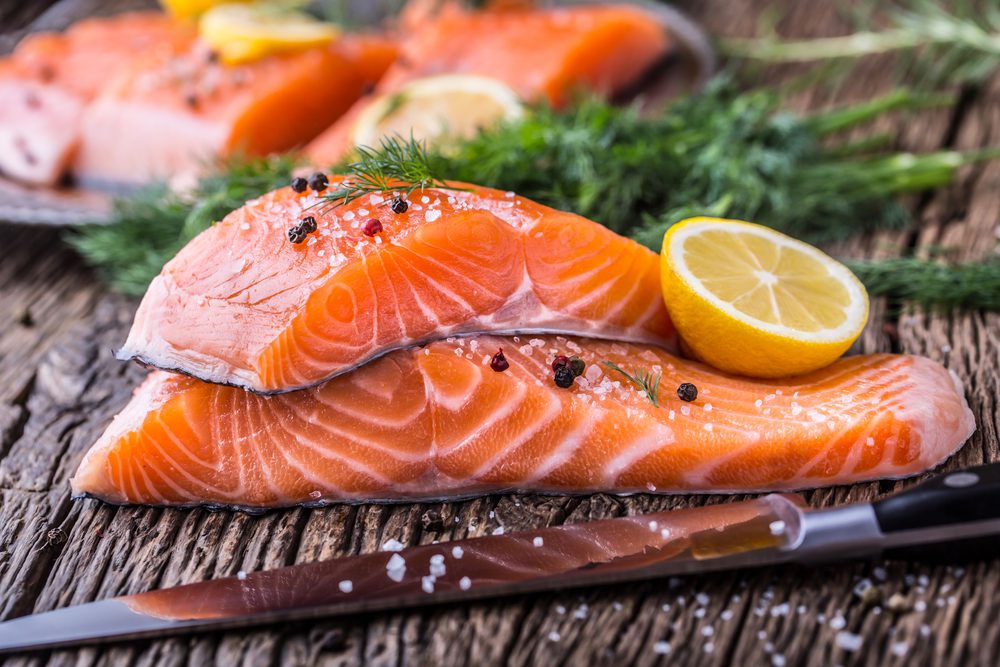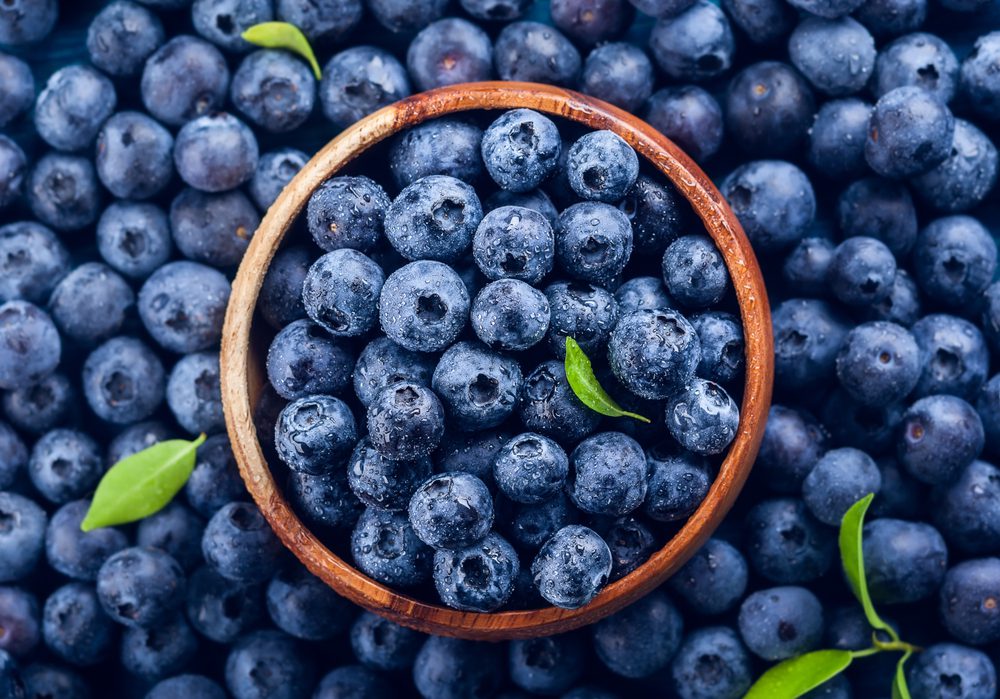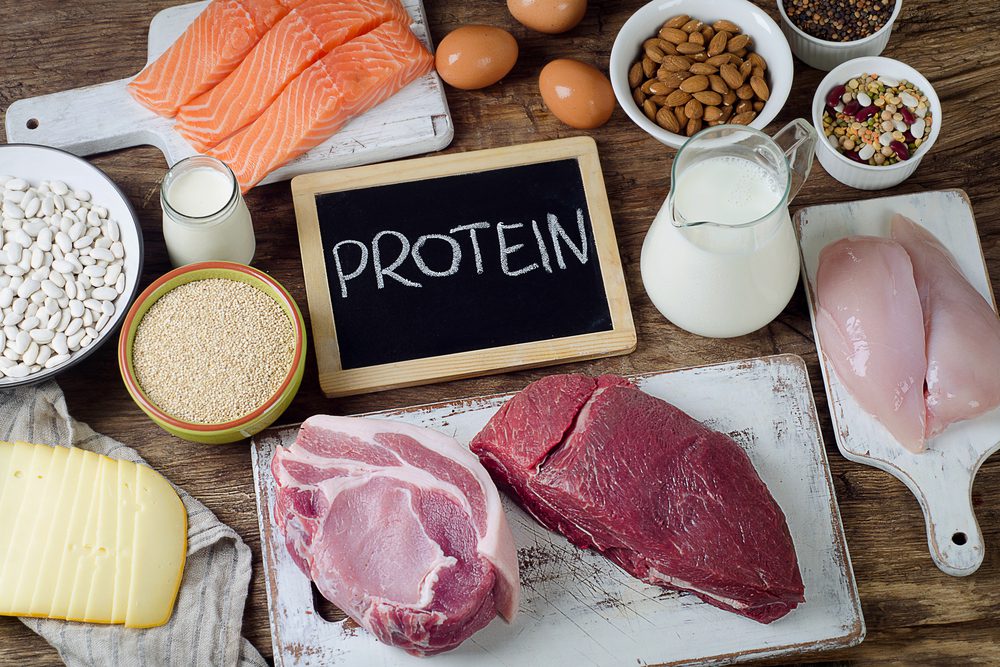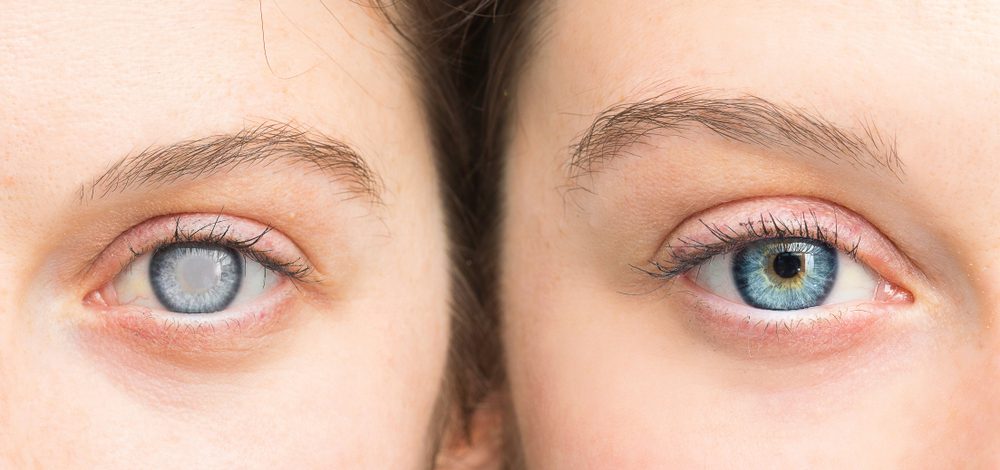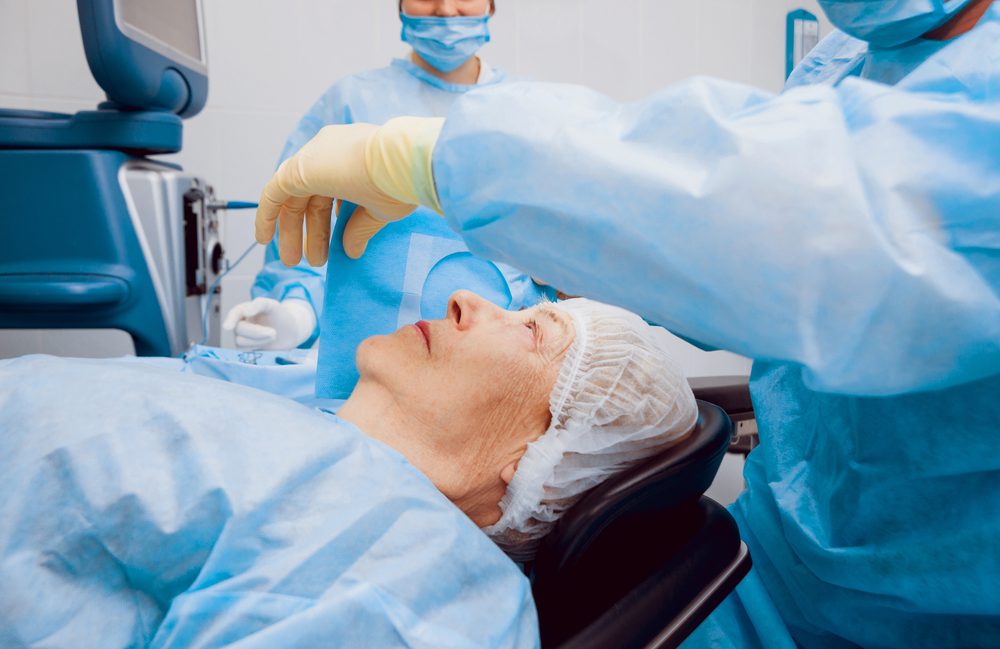…Coffee, coffee, coffee, you’re the highlight of our days!
There are many people out there, including myself, who can barely keep their eyes open in the morning without a warm and delicious cup of coffee. I sometimes go to bed thinking about what kind of drink I’m about to enjoy the next day.
Even though I would love to indulge in a caramel macchiato from Starbucks, I know that my jeans and my skin are going to hate me for that. Besides all these, the combination of sugar and caffeine can make me feel jittery and extremely agitated.
If you look on the Internet and search for the word “coffee”, you’ll notice that there are many articles in which they say that this drink is not healthy for you, while others say that it’s perfectly fine to consume it in moderation.
Unless you’re not adding whip cream, sugar, sweeteners, and syrups to it every day, or your doctor told you to stay away from it, there’s no reason why you can’t indulge in a nice and delicious cup of coffee.
Speaking of healthy, we wanted to tell you that there are a few ways you can make your drink even tastier and healthier for your body! If you want to learn how to make your beverage sweet, creamy, and also a fat-burning energy drink, this article is for you!

8 Delicious Coffee Habits for Healthy People
1. Add cinnamon
If you usually go to coffee shops, you’ve certainly seen the cinnamon on the milk counter, next to the sugar, lids, and straws.
Next time you see it, don’t ignore it and take advantage of it, because it is absolutely amazing for your health!
Cinnamon is a type of spice that is very high in antioxidants and it can speed up your metabolism, support gut health, and help in managing blood pressure. Besides that, this key ingredient is also anti-bacterial, anti-fungal, and anti-viral.
If you’re not fully convinced, adding cinnamon to your coffee will make your beverage taste sweeter without actually adding any sugar and calories.
…What do you think? Would you try adding cinnamon to your coffee?
2. Only use paper filters
In conformity with Jill Weisenberger, a registered dietitian nutritionist, the way you filter your coffee is very important. Even though it’s much easier and less wasteful to use reusable filters, they can do more harm than good when it comes to your health.
In order to reduce waste, you can buy recyclable paper filters. These work wonders for removing kahweol and cafestol, which are two compounds that are responsible for spiking up cholesterol levels.
3. Pick high-quality coffee beans
…This one is extremely important if you’re looking for a rich and creamy flavor, without the “burned taste”!
I used to think that all types of coffee taste the same, but I was wrong. A friend of mine was really passionate about the whole process of making coffee, so he became a barista.
He thought me that coffee should have a subtle floral flavor and not taste like it’s burned. When the coffee beans come from several sources, the process takes a lot more time, in order to give off the impression that all of it comes from the same source.
If you want your coffee to taste the way it’s supposed to, you should only purchase single-origin coffee beans. Even though it’s more on the pricier side, the flavor is absolutely divine!
4. Use filtered water only
There are many people who think that since we boil the water to brew coffee, it doesn’t matter if it’s filtered or not. But that is not true. Even though you might not taste it, it’s a lot better for your health.
When you drink filtered water, you drink H2O that doesn’t contain heavy metals, such as copper or lead. These types of metal can be usually found in old pipes. Tap water is not good either, because it contains chlorine, a substance that can be harmful to your body in the long term.

5. Skip your Keurig
In conformity with several health experts, Keurig machines are not as clean as you might think. That is because you’re actually exposed to plastic that’s been heated and besides that, they tend to get dirty pretty fast.
The water tanks in a device like this can never be properly cleaned and flushed, so they can be considered a great place for bacteria and mold to grow. Long story short, Keurigs coffee machines are not the best option to make your favorite beverage.
6. Give sparkling coffee a go
Sparkling water is actually a cold brew combined with mineral water, citrus, and even some herbs. Even though it might sound weird, it’s actually really tasty and also healthy for your gut.
Dan McLaughlin, the owner of the small-batch coffee roaster called Golden Triangle Coffee in Cleveland, shared a video on his TikTok account in which he showed his favorite recipe for sparkling coffee.
He added mineral water, a slice of orange, a fresh leaf of basil, and as much ice as was needed to fill up the glass. He let all these ingredients combine their flavors while he prepared his espresso shot.
Once the coffee was done, he added it on top of everything, stirred for a few seconds, and then enjoyed it. McLaughlin stated that he tried drinking sparkling coffee with grapefruit instead of orange and it was really good.
7. Try a golden latte
It seems like lately, golden lattes are the star of Instagram, but this bright yellow drink is not only social media picture-worthy, it’s also very good for your health and immune system.
The key ingredient in turmeric lattes is turmeric, a spice that has many anti-inflammatory and antioxidant benefits, and it can help improve several health issues, such as arthritis and symptoms of depression.
Several studies have discovered that adding turmeric to your coffee can make it even better for you. It can help prevent memory loss and you’ll benefit from its anti-inflammatory properties.
…Make sure to skip the extra sugar and cream, if you want your body to better absorb all these benefits!
8. Stay away from creams and sugar
Trust me, I love adding a ton of cream and caramel syrup into my morning coffee, or whipped cream into my afternoon coffee, aka dessert. However, I try to limit these quilty pleasures to special occasions only, because I don’t want to overindulge and mess with my body.
If you’re constantly adding toppings and sugary creams into your coffee, you’re actually ruining its properties. Besides that, you might develop cavities, gain fat around your stomach, experience a major sugar crash in your day, and also rely on sweets and processed things when you’re tired.
You can create your own milk at home, using nuts, such as cashews, almonds, walnuts, coconut, basically whatever type you like. Another tip we have for you is to stay away from artificial sweeteners, even though they might say “zero calories” on the packaging.
The reason why they’re not good for you is that they contain a lot of artificial and processed ingredients that can change your taste buds and can make you addicted in the long term.
CONCLUSION
To sum up this article, we can say that coffee is good for you, especially due to the fact that it contains antioxidants and it can help boost your physical performance, and reduce the risk of developing Parkinson’s disease, cancer, and stroke.
If you want your coffee to taste good, but also get some health benefits out of it, make sure to stay away from sugar, syrups, and whipped cream. Make sure to try the sparkling coffee recipe we’ve previously talked about and tell us what you think about it in the comments section down below.
…If you want to know more about health and wellness, here is a great article for you:



